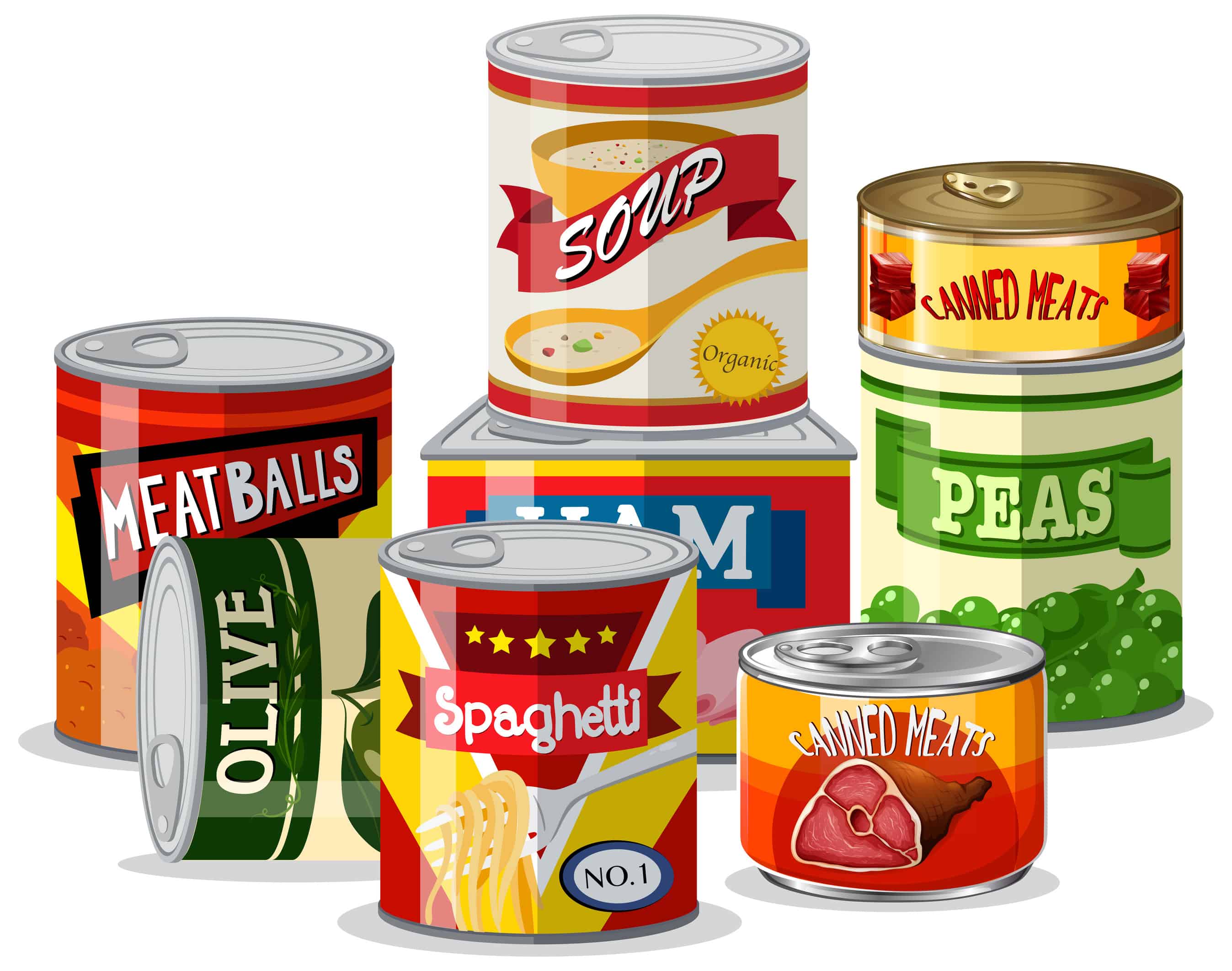- Phone: 306-970-1552
- connect@gentleprocessing.ca
- 18-301 South Industrial Dr. Prince Albert, SK S6V 7L7, Canada

In today's fast-paced world, where convenience often takes precedence over nutrition, it is crucial to navigate the landscape of processed foods with care. As consumers become increasingly health-conscious, the demand for healthier alternatives and transparent labeling has risen dramatically. This article explores the evolving health and wellness trends in processed foods, shedding light on key factors that can help you make informed choices for your well-being.
Clean eating has emerged as a powerful movement, emphasizing the importance of consuming minimally processed foods. This trend encourages individuals to opt for whole, unrefined ingredients and avoid artificial additives, preservatives, and excessive sugar or salt. By prioritizing clean eating, you can provide your body with the essential nutrients it needs while reducing the intake of potentially harmful substances commonly found in processed foods.
In recent years, functional foods have gained significant popularity. These are products designed to offer specific health benefits beyond basic nutrition. From probiotic yogurts that promote gut health to fortified cereals enriched with vitamins and minerals, functional foods provide a convenient way to enhance your diet with targeted nutrients. Incorporating such foods into your routine can support your overall well-being and address specific health concerns.
Snacking plays a prominent role in modern eating habits, but it's essential to strike a balance between indulgence and nutrition. Mindful snacking focuses on selecting nutrient-dense snacks that satisfy cravings while providing health benefits. Opt for wholesome options like nuts, seeds, or fruit instead of heavily processed snacks high in trans fats, refined sugars, and artificial flavors. By making mindful choices, you can fuel your body with nourishment throughout the day.
As consumers become more discerning, they seek transparency regarding the contents and production methods of processed foods. The demand for accurate and comprehensive labeling has increased significantly. Manufacturers are responding by providing detailed information about ingredients, sourcing, and potential allergens. By carefully reading labels, you can make informed decisions, choose products aligned with your dietary needs, and support companies committed to transparency and quality.
In addition to nutritional considerations, many consumers now prioritize sustainability when selecting processed foods. Sustainable packaging options, such as recyclable materials or reduced plastic usage, have gained traction. By choosing products packaged in an eco-friendly manner, you contribute to reducing environmental impact and support companies dedicated to responsible practices. Sustainable choices align with your own well-being and help preserve the health of our planet.
Meal prepping has become a widespread practice for individuals seeking to maintain a nutritious diet amidst busy schedules. By dedicating a portion of your time to preparing meals in advance, you can take control of your food choices and ensure you have nourishing options readily available. Plan your meals around fresh ingredients, incorporate a variety of colors, textures, and flavors, and consider your dietary goals to craft a personalized meal prep routine that suits your lifestyle.
Technology has permeated every aspect of our lives, including the world of processed foods. Apps and online platforms now provide access to nutritional information, personalized meal plans, and even virtual nutritionists. Embracing these innovations can empower you to make health-conscious choices, track your dietary intake, and stay informed about the nutritional value of the processed foods you consume.